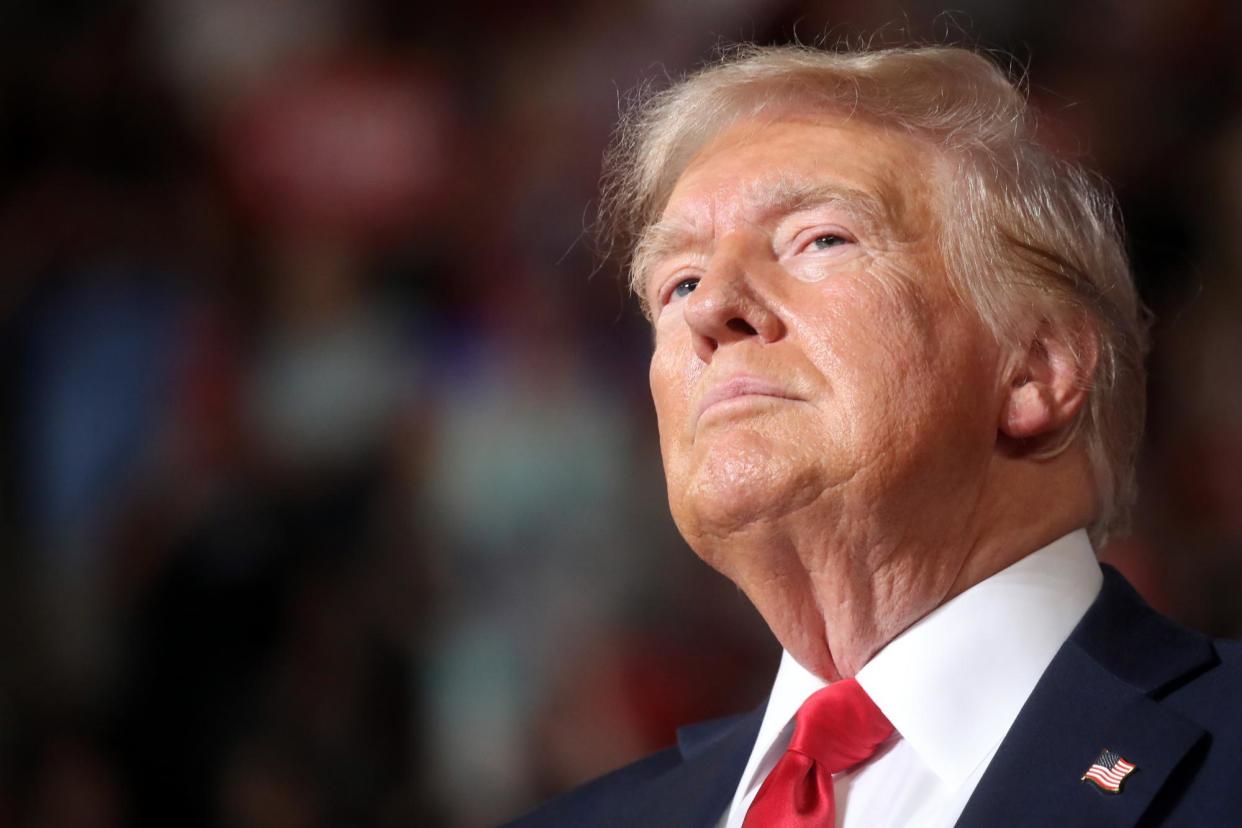Trump Says He Would Debate on Fox News – But Harris Insists on ABC
In a surprising turn of events in the lead-up to the 2024 presidential election, Donald Trump has declared his willingness to engage in a debate with Vice President Kamala Harris on Fox News, scheduled for September 4. However, Harris remains committed to a previously arranged debate on ABC, creating a political standoff marked by accusations and claims of strategic maneuvering.
The Context of the Debate Proposal
Trump's debate proposition arises after a series of political shifts. Previously, he had accepted an invitation to debate President Joe Biden on ABC News later this year. However, with Biden officially ending his re-election campaign, that particular debate has been dismissed. The former president's decision to pivot toward a debate with Harris has prompted skepticism, particularly as it coincides with ongoing legal battles Trump faces against ABC News and prominent anchor George Stephanopoulos. Trump is engaged in litigation concerning defamatory statements made against him in connection with the E. Jean Carroll case, which has added layers of complexity to his request for the debate swap.
Trump’s Statements and Rationale
On his Truth Social platform, Trump emphasized the rationale behind insisting on a Fox News debate. He wrote, “The Debate was previously scheduled against … Biden on ABC, but has been terminated in that Biden will no longer be a participant... creating a conflict of interest.” By suggesting that the terms of the debate should be more favorable to him, he cited the friendly environment characteristic of Fox News, a network often perceived as a strong supporter of conservative politics.
Trump plans for the Fox News debate to feature familiar moderators in Bret Baier and Martha MacCallum, aiming for rules consistent with his previous debate format against Biden, though enhanced by the presence of a studio audience. However, Trump's apparent confidence in a debate against Harris, whom he labeled as "afraid" and “scared,” raises questions about his readiness to confront the Vice President instead of the former president himself.
Harris’s Stance and Campaign Response
Contrary to Trump’s fiery assertions, Vice President Harris's campaign has categorically denied moving forward with a Fox News debate and remains steadfast in its commitment to the ABC debate, originally set for September 10. Harris's campaign spokesperson, Michael Tyler, expressed that Trump is instead attempting a tactical withdrawal from his initial commitment, stating, “He needs to stop playing games and show up to the debate he already committed to.”
Harris’s rhetoric is equally pointed. In her statements, she underscored that Trump’s claims of openness to any and all debate opportunities have been reduced to “one specific time, one specific safe space.” This retort serves as a pointed criticism of Trump’s questions about her courage and readiness for a legitimate debate, framing it within the broader debate strategy chess game.
Escalating Political Tensions
The political dynamics surrounding this potential debate have also exposed a deeper undercurrent of strategic planning. Harris previously indicated she’s "ready" to confront Trump, accusing him of backing away from the agreed format. With mounting tension, both campaigns have galvanizing their respective bases in light of the 2024 election looming closer.
Recent polls have indicated that both Trump and Harris are neck-and-neck regarding voter support, thus intensifying the need for effective debate engagement. The unresolved issue of whether Biden would have participated had he not exited the race adds further complexity to their strategies. Additionally, Trump's ongoing legal challenges could weigh heavily on public perceptions as the clock ticks down to the debates.
Conclusion: The Future of the Debate Landscape
As the political dance continues to unfold, it seems evident that the progression of debate negotiations will be crucial in shaping voter sentiment and engagement. The contrasting platforms of Fox News and ABC News underscore not just media preferences but also voter perceptions that could play a definitive role in the electoral narrative.
Both parties must navigate these waters with care, faced with the pressing need to connect with constituents and outline their visions for the future. In an era defined by volatility and upheaval, how each candidate maneuvers through these upcoming debates may ultimately become a pivotal moment in the 2024 presidential race. The spotlight is on Trump and Harris: Will they face off in a high-stakes confrontation, or will their plans dissolve into another missed opportunity for crucial dialogue? Only time will tell.
